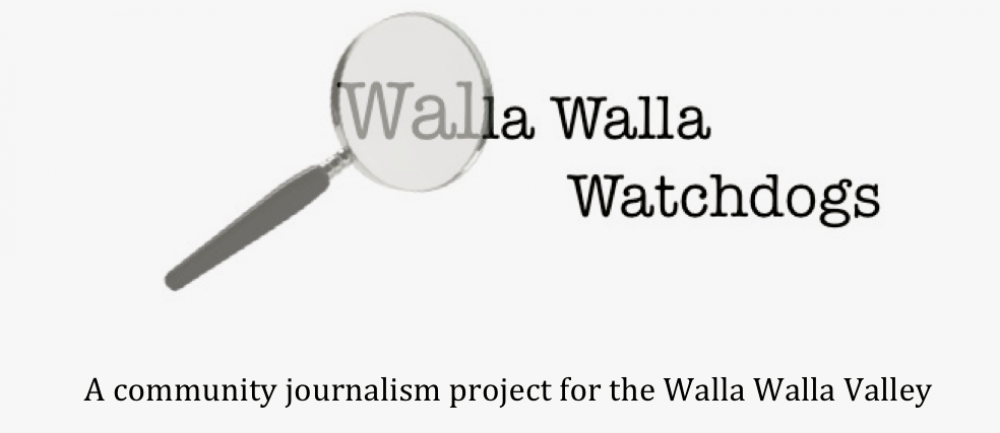The low point in last night’s workshop session of the Walla Walla City Council was not the disappointing review of the dueling spreadsheets prepared by both the city and county that claimed to show that cooperation or consolidation of library services “just wasn’t possible.”
No, the low point was when WWPL director Beth Hudson announced the “breaking news” that the Spokane Public Library had — finally — found a member of the Washington State Legislature willing to at least introduce a bill to allow cities to form municipal library districts.
Hudson has suggested more than once that the state Legislature could come to the rescue of under-funded city libraries by allowing them the same power to raise taxes and make budget decision with the same lack of accountability now enjoyed by rural library districts. The catch was that not a single member of the Washington state Legislature was willing to support the idea of raising taxes and reducing accountability for city libraries — at least until last night.
My response:
Rep. Timm Ormsby,
I am told that you might be willing to sponsor a bill in the next Legislature to allow municipalities to form independent taxing districts, in response to a request by the Spokane Public Library.
Clearly, municipal libraries have a difficult time competing for resources with police, fire, streets, and other local government services. I’m sure that’s true in Spokane, just as it is in Walla Walla. However, before you introduce such a bill, I want you to know how such a bill would impact smaller communities.
The idea behind this proposed bill seems to be that the Legislature would come to rescue of beleaguered public libraries, providing an independent revenue source. I can hardly blame municipal librarians from thinking this would be a fine thing. The downside, however, is that independent taxing districts, once initiated, have very little accountability going forward.
I live in Walla Walla, where a long-standing conflict between city and county libraries has come to the attention of voters who are belatedly discovering that the Walla Walla County Rural Library District is planning to borrow $2 million and spend down a $3.6 million capital reserve on a building campaign that would include building a new “suburban” library that would largely duplicate the services now provided by the city’s existing public library.
The possibility of this legislation has come up at several public meetings here in the last few months and I believe it largely serves as a distraction from the challenges of moving from under-funded city libraries to countywide or multi-county dedicated library districts
Based on my positive experience with larger library districts, I strongly believe that spreading the cost of administration, cataloging, technology, and collections over the broadest possible tax base leads to more efficient, better quality library service.
I used to live in your district and I’m familiar with some of the divisions among the City of Spokane, Spokane County, and the City of Spokane Valley. It may be that a municipal library would be an appropriate solution to that unique situation, but please draft any legislation such that municipal libraries are restricted to cities and counties with more than 250,000 people.
Thank you,
/s/ Bart Preecs
